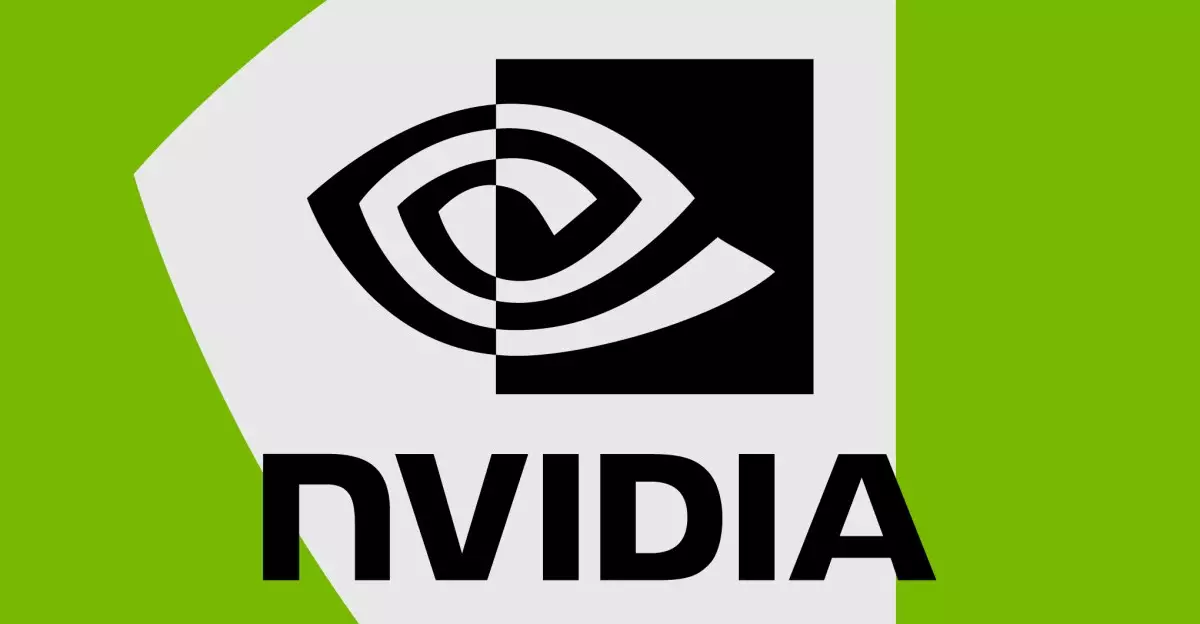Over the past several months, Nvidia GPU owners have found themselves embroiled in a continuous struggle against a wave of driver-related issues. The crux of the problem can be traced back to the launch of the RTX 50-series cards in January, which has since spiraled into a chaotic situation involving black screens, game crashes, and persistent stability problems. Rather than providing solutions, Nvidia’s successive hotfixes have often compounded the issues, leaving many users frustrated and disillusioned with a brand that had long been a benchmark for reliability in the gaming community.
In an era where consumers expect seamless functionality, the ongoing difficulties present a troubling paradox. Nvidia, a leader once praised for its robust drivers, is now grappling with its image as reports flood in from both Reddit and official support forums. Users lament the months they have spent troubleshooting problems that seem never-ending, lamenting the irony that some of them have had to revert to older drivers that no longer support the very hardware they invested in.
The Frustration of the Current Fixes
After much anticipation, the 576.02 driver was introduced last week, aimed at resolving numerous bugs and crash issues. However, it was met with backlash rather than relief. Reports from users indicated that this latest patch had made situations worse. GPU monitoring tools began misreporting temperatures, adding insult to injury and forcing Nvidia to scramble for a hotfix—dubbed 576.15—merely days later. For owners of the RTX 50-series, this hotfix offered some solace, purportedly addressing idle clock speed inconsistencies and erratic game flickering. Yet, amid these supposedly positive developments, persistent issues like performance dips and G-Sync-related stuttering reveal that the company is far from reclaiming its reputation.
The disarray exposes a deeper concern: how can a company like Nvidia, which has historically outperformed its competitors in terms of software stability, find itself in such a precarious position? One potential explanation could lie in the haste with which they attempted to launch the RTX 50-series. The market for high-performance GPUs is intense, and being outpaced by rivals can lead to rushed product releases. However, this could also signal a troubling shift in the engine of innovation within Nvidia, where quality appears to have succumbed to the pressure of speed.
The Broader Implications for Gamers
As the specter of driver issues looms, it is important to consider the broader implications for gamers and PC builders alike. A hardware investment in a new GPU usually comes with the expectation of enhanced performance, stability, and an overall smooth gaming experience. Yet, with Nvidia’s recent tumultuous driver releases, that expectation is replaced with trepidation. Gamers are now forced to navigate a minefield of compatibility issues, hesitant to dive into new titles for fear of crash-induced annihilation of their gameplay.
Additionally, for those who are new to the PC gaming space, this eroding confidence in Nvidia’s offerings could lead to a significant shift in market loyalty. With AMD and Intel developing their GPU technologies, Nvidia risks alienating a growing base of consumers who may choose alternatives based on Nvidia’s recent missteps. The once-solid conviction in Nvidia’s products as gold standards is being tested, and should these issues persist, the repercussions could be long-lasting.
Nvidia finds itself at a critical juncture. The promise of cutting-edge technology is dampened by technical failures, and the brand must now work diligently to win back the trust of its users. While patches and updates are essential, the real challenge lies in restoring stability to a product line that has been thrown into disarray. Customers deserve an unwavering commitment to quality, not a cycle of hotfixes and unresolved problems. Nvidia’s ability to address these issues with transparency and efficiency will define its reputation in this increasingly competitive market. Without decisive action, the company risks losing its hard-earned status among a community that commands respect for innovation and dependability.

